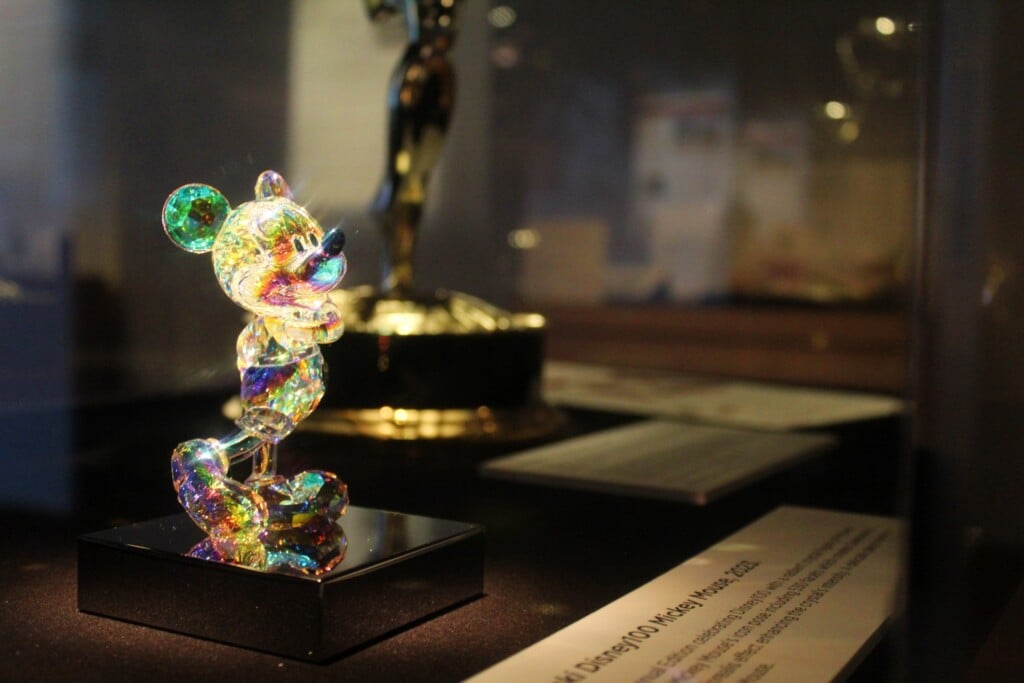A French Toast
The family tree of gender-bending comedies such as Some Like It Hot and Tootsie (and plenty of lesser fare) has roots dating back to 1732, when Pierre Carlet de Chamblain de Marivaux wrote The Triumph of Love. These days the show is whipping up equal parts sex, heart and levity at the Missouri Repertory Theatre. With marvelous direction by Stephen Wadsworth and a cast whose members can all simultaneously render wildly divergent emotions (something ensembles rarely achieve), it provides yet another reason to embrace the French.
Some members of a recent matinee audience were a little confused by the story, but it’s pretty much laid out like an alphabet. Princess Leonide (Jennifer Erin Roberts) and her maid, Corine (Mary Bacon), have donned male drag and the names Phocion and Hermidas to ingratiate themselves into the estate of Hermocrate (Frank Carrado), a philosopher known for being “hostile to love,” and his spinster sister, Leontine (Sharon Lockwood). Also in their home is deposed Prince Agis (Adam Greer), to whom Leonide intends to relinquish her power and her heart — she thinks he’s hot.
On to them from the beginning are Dimas (Burton Curtis), Hermocrate’s malaprop-prone gardener, and Harlequin (Dan Donohue), the curmudgeon’s valet. Leonide realizes that winning Agis’ heart will take more cunning than she and Corine had planned. She decides she has to woo both Hermocrate (who knows that she’s a woman but not that she’s a princess) and Leontine, who thinks Leonide’s male alter ego is a budding philosopher looking for a mentor. Their impulses aren’t entirely heterosexual, either; when Agis first bumps into Phocion, he fairly swoons, rationalizing his attraction in language that has him stammering about this new-found “friend.”
All three acts (two of which wrap up in less than forty minutes) unfold in set designer Thomas Lynch’s verdant garden under Russell Champa’s sunny lighting and beneath a grand, gilded proscenium wrapped with vines. The only set pieces are a habitable wagon (integral to the Italian commedia dell’arte troupes for whom Marivaux wrote the show) and a bench, cleverly turned backward until the facades are dropped in the third act. Frequently, the actors are posed with their backs to the audience, yet they pivot, spin and cock their heads in amazing synchronicity with the emotional underpinnings of the text. It’s like watching a gymnastics competition in which every athlete gets a 10.
Costume designer Martin Pakledinaz (local audiences get to see his Tony Award-winning work for Thoroughly Modern Millie when that show inaugurates its national tour this summer at Starlight) drapes everyone but Hermocrate in organic tones like sunflower-yellow and ivy-green; to fit his mood for most of the show, the philosopher wears black. All of these artistic grace notes would sound tinny, though, if the actors weren’t on top of their game. The entire cast is fine, with Roberts personifying both the masculine and the feminine in the toughest role. And Donohue’s agile, foppish, beguilingly corny Harlequin sparkles of genius.




